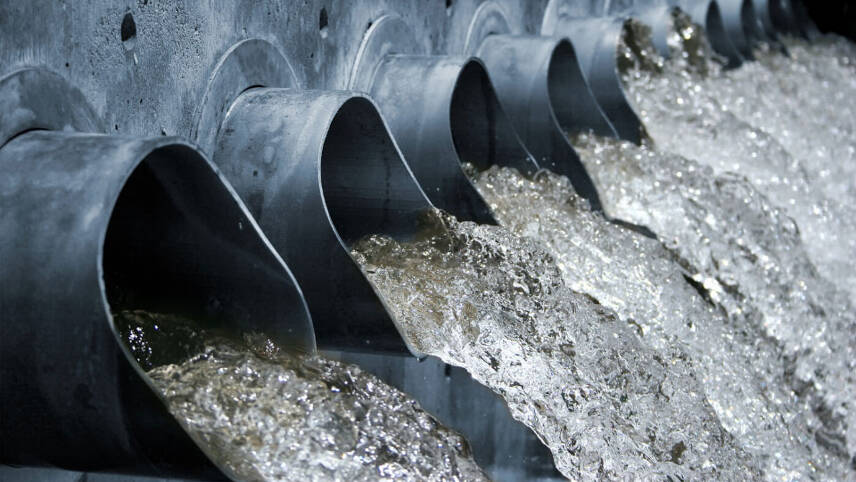Register for free and continue reading
Join our growing army of changemakers and get unlimited access to our premium content

The Office for Environmental Protection (OEP) has today (12 September) stated, following a two-month investigation, that the three public authorities may have broken environmental law in regulation relating to combined sewer overflows.
During combined sewer overflows, sewage is allowed to spill – usually into rivers or oceans – to prevent the spill from going into buildings and roads. The practice is intended to help keep the sewage system running during periods of high rainfall, when the capacity of Victorian-era pipes can be exceeded.
Over the past few years, NGOs and residents in communities near water have been observing an increase in combined sewer overflows, even at times of low to no rainfall. Environment Agency data for 2021 states that untreated sewage was discharged into coastal bathing waters across England for a total of 160,000 hours, in 25,000 separate discharge incidents.
The Department for Food, the Environment and Rural Affairs launched a plan to reduce combined sewer overflows in summer 2022. This was backed with a vision for £56bn of private investment, but green groups stated that targets to gradually improve and reduce overflows represented a weakening on prior regulatory requirements.
The OEP has today stated that Defra, the Environment Agency and water sector regulator Ofwat “may have failed to comply” with the environmental laws they are bound to in relation to overflow management.
The OEP’s chief regulatory officer Helen Venn said: “The core of the issue is that where we interpret the law to mean that untreated sewage discharges should generally be allowed only in exceptional circumstances, such as during unusually heavy rainfall, it appears that the public authorities may have interpreted the law differently, permitting such discharges to occur more often.
“This then has consequences for the regulatory activity that follows. The guidance provided by Government to regulators, and the permitting regime they put in place for the water companies, possibly allow untreated sewage discharges to occur more regularly than intended by the law without risk of sanction. This is what has created the possible failures to comply that we have identified. ”
Each of the three organisations will have two months to respond. The OEP has asked them to clarify their interpretation of existing law. They may also wish to implement additional interventions to prevent further potential legal breaches.
The OEP will not announce any potential next steps in terms of penalties for the bodies until it has received and considered all three responses.
Early responses
A Defra spokesperson told edie that the Department “does not agree with the OEP’s initial interpretations” as they cover points of law spanning 20 years.
However, the Department has stated that it will “work constructively with the OEP” and agrees with its concerns regarding the volume of sewage discharged in the UK.
The Environment Agency is funded primarily by Defra and the Department is responsible for its activities.
An Ofwat spokesperson told edie that it “welcomes the OEP’s considerations, particularly on the clarity of responsibilities for the protection of the environment”. Like at Defra, the spokesperson stated that Ofwat will work directly with the OEP in the future.
Philip Dunne MP, chair of the Environmental Audit Committee (EAC) in Parliament, said the OEP’s conclusion appears to result from “a measured and thorough examination of a serious complaint of multiple regulatory failure”.
Dunne said the findings “tend to confirm the sorry state of affairs” first highlighted by the EAC in January 2022.
“It has been evident for some time that regulation and enforcement has been failing our rivers and all those who use them,” he elaborated. “The OEP’s announcement today is a welcome step towards remedying regulatory failure and improving the health of England’s waterways.”


Please login or Register to leave a comment.